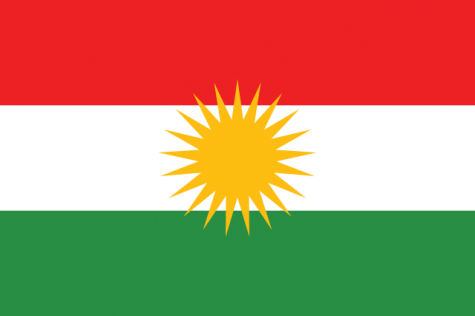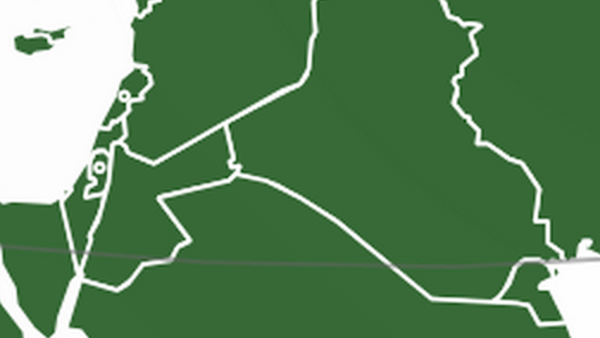Finally a decent ruling on search & seizure from the Roberts Court: Police cannot search your phones during an arrest without a warrant anymore.
The justices ruled unanimously that police almost always need a warrant to go through the cellphone of someone they arrest. Because phones today hold such vast and personal stores of information, the court held, searching them without a warrant is different from going through, say, the glove compartment of an arrestee.
Reactions:
Civil libertarians hailed the Supreme Court decision on police searches of cellphones as a landmark for privacy in the digital age — but the cops themselves say it could tie their hands during investigations.
oh boohoo. no1curr
Unfortunately this is the tip of the iceberg from the crowd that believes everything is justified for “security,” no matter how proportional. That disturbing attitude was captured in a quote from Jim Pasco, executive director of the Fraternal Order of Police, the country’s largest police union:
“There’s more at stake here than due process.”
I mean, I’m not sure why we’re even bothering with law enforcement, national defense, and democracy if we’ve reached a point where due process is a minor, irrelevant point or nothing more than an inconvenience. It’s kind of part of the point of the U.S. system.
So, put a screen lock on your phone with a strong PIN or password, because those enforcers with a less than consistent relationship to the rule of law might take liberties even after this ruling. Other than that, best of luck.
At least the Supreme Court is on your side on this one. Until you need to find a lawyer to back up your position on that, at which point you had better be wealthy enough to afford a good one, because the Supremes made the public defender system optional if states don’t feel like funding it enough to function.




